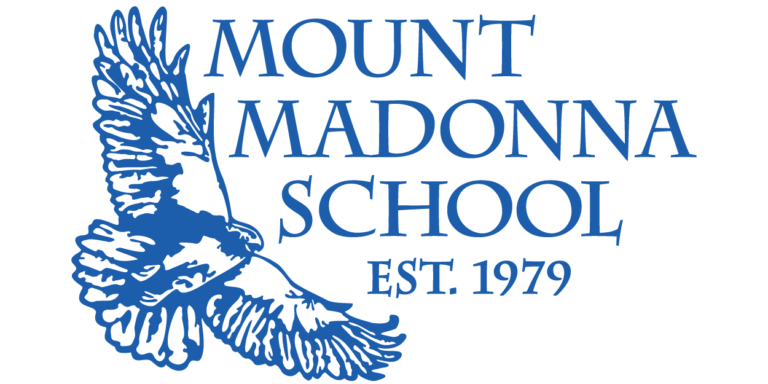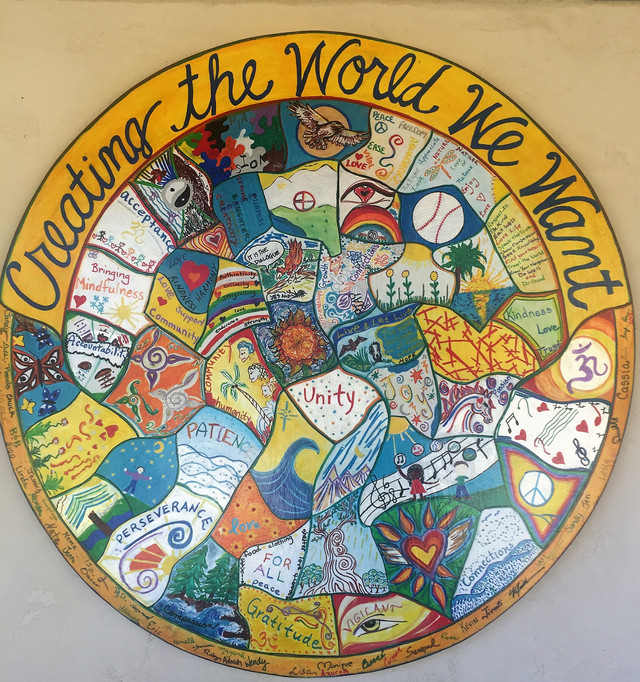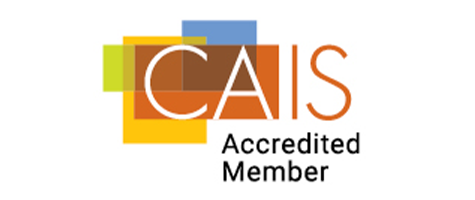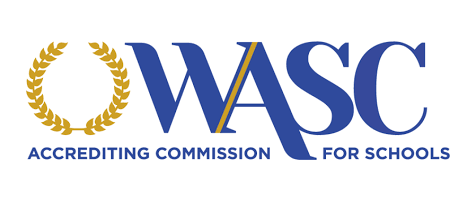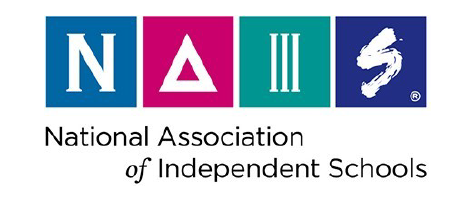 Growing Up in Santa Cruz, Teacher’s Desk, “Back In-Person” by Lisa Catterall
Growing Up in Santa Cruz, Teacher’s Desk, “Back In-Person” by Lisa Catterall
There is no power for change greater than a community discovering what it cares about. – Margaret Wheatley
This summer, I’ve been teaching in a program where I feel compelled to state up front, every day, at the beginning of class, with great passion, my honoring and inclusion of BIPOC and LBGTQIA+ students. I say it a little differently every time so that it doesn’t become too redundant, but I am simply relentless about stating it clearly, daily, every single time. It’s become an ingrained part of my teaching practice.
There are so many ways in which a culture or society insists on change in its members. I would guess that in the very first human groups to exist on earth, banishment or “canceling” people occurred as the group went through establishment of norms. I’ve been thinking quite a bit about pockets of our current culture and whether or not change and growth is allowed, and the process by which it occurs.
 Teachers are the original tide that sweeps up against “cancel culture.” We would not feel called to teach every single day if we believed for a moment that people, especially young people, were not capable of change and growth. In fact, we tend to find that idea resonant, and to see the growth in our students as stunningly beautiful. There is a magic to watching people grow and overcome their obstacles, and there is an even greater magic in being part of the metamorphosis.
Teachers are the original tide that sweeps up against “cancel culture.” We would not feel called to teach every single day if we believed for a moment that people, especially young people, were not capable of change and growth. In fact, we tend to find that idea resonant, and to see the growth in our students as stunningly beautiful. There is a magic to watching people grow and overcome their obstacles, and there is an even greater magic in being part of the metamorphosis.
I am learning to use the classroom as a place to restore equity in the world. Every new school year is a new opportunity, and in the late summer, the questions we want to answer begin to come into focus. This year, I want to tap into a deep well of positive energy and gratitude I believe exists in the wake of the pandemic. We are back! We may soon be able to see each other’s full faces, in the same room. The beauty of this simple right to community and intimacy has never been more apparent. It’s like a shimmering river beneath the surface of interaction. I’d like to take those rainbow waters and pour them into the critical changes we need to make as human beings to lift up marginalized groups.
If one of us is invisible, we all hurt. Now is the time to make all humans visible, and to allow the real issues that shape students’ lives to become seen and known.
Teachers, and schools, see mistakes as opportunities for growth and change. We have to have a high tolerance for poor behavior. Sometimes this generation of students believes that the way to correct bad behavior is to simply get rid of a person; and they are involved enough in social media that it is actually possible to do so. The person who is cast out from the village is devastated by it. When one conversation might have sufficed to empower the wrongdoer to become right-thinking, months of pain are needed to recover from being “canceled.” Humans are social creatures, evolved to survive by connecting with other people. This trait is in full bloom in our students. Wouldn’t it be wonderful if they learned to listen to each other deeply before hitting “de-friend” or “unfollow?”
My hope, this year, is to tap into all the positive energy of being together to convince students that real conversations, active listening, and expressing oneself face-to-face are important pursuits. I want to live and practice in a classroom where community comes first. I teach STEM subjects, and the idea that I can successfully do that before dealing with the inequity in STEM is simply untrue. If more than half of my students have never had a role model of their gender and color in STEM, they are starting out unfairly disadvantaged as they walk in the room.
This is a year to direct our positive energies forward. Instead of overcoming, we will start this year ready to step ahead into the incredibly important work that needs to be done in equity, justice, and environmental sustainability. I believe all of those big changes begin with human development. I am looking forward to spending less energy learning online tools and trying to survive, and more energy being part of the change that is needed in our world and in our own communities.
###
Lisa Catterall teaches STEAM, math, science, and art at Mount Madonna School and is a senior associate of the Centers for Research on Creativity. She lectures and trains teachers and administrators on innovation in education in Beijing, China. Lisa has five children and lives in Santa Cruz County.
